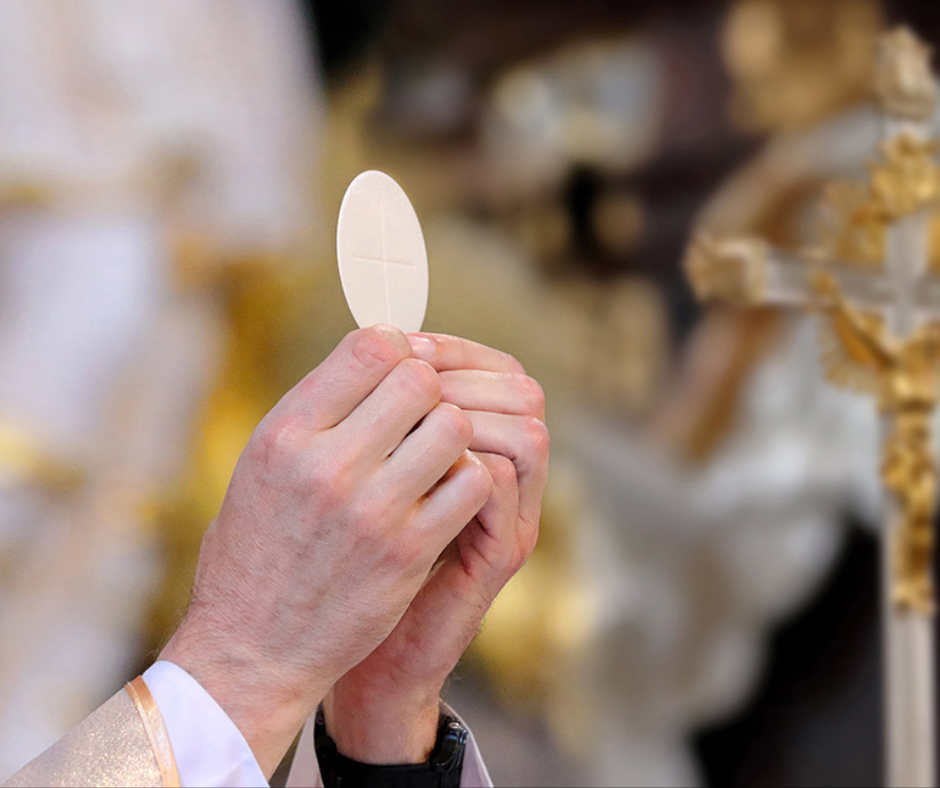Justin Martyr, also known as Saint Justin, was a Christian apologist and martyr who lived in the 2nd century AD. He was born in Palestine around the year 100 AD and was raised in a pagan family. However, he converted to Christianity after a personal encounter with a Christian elder, and he became one of the most important early Christian writers and thinkers.

Justin Martyr’s most significant contribution to the Church was his defense of Christianity against its critics and opponents. He wrote extensively in defense of Christian beliefs and practices, and his works helped to establish Christianity as a legitimate and rational faith in the eyes of many people.
Some of Justin’s most important writings include his “First Apology,” which was addressed to the Emperor Antoninus Pius, and his “Dialogue with Trypho,” which was a discussion with a Jewish scholar about the nature of Christ and the validity of Christian claims. Justin also wrote many other works on various topics, including the use of Greek philosophy in Christian theology, the sacraments, and the resurrection of the dead.
Justin was known for his commitment to living a holy and virtuous life, and he encouraged other Christians to do the same. He was also known for his charity and care for the poor and marginalized.
Justin was martyred around the year 165 AD during the reign of the Roman emperor Marcus Aurelius. He was beheaded for his refusal to renounce his Christian faith, and he is now recognized as a saint in the Catholic, Orthodox, and Anglican Churches.
Justin Martyr provides a detailed description of the worship practices of early Christians on Sundays in his “First Apology,” which he wrote around the year 155 AD. According to Justin, the early Christians would gather together on the first day of the week, which was Sunday, for worship and instruction.
He describes the gathering as follows:
“On the day called Sunday, all who live in cities or in the country gather together in one place, and the memoirs of the apostles or the writings of the prophets are read, as long as time permits. Then, when the reader has ceased, the president verbally instructs, and exhorts to the imitation of these good things.”
In other words, the early Christians would come together to read from the Scriptures, which included both the writings of the apostles and the prophets of the Old Testament. After the readings, the leader of the gathering, or “president,” would give a verbal instruction or exhortation to the group, encouraging them to live out the teachings of the Scriptures in their daily lives.
Justin also mentions that the early Christians would engage in prayer and singing during these gatherings. He writes:
“And when the prayers are ended, the elements which have been offered are distributed to each one, and partaken of in like manner by all; and to those who are absent a portion is sent by the deacons. And they who are well to do, and willing, give what each thinks fit; and what is collected is deposited with the president, who succours the orphans and widows and those who, through sickness or any other cause, are in want, and those who are in bonds and the strangers sojourning among us, and in a word takes care of all who are in need.”
This passage indicates that the early Christians would also participate in the Eucharist, or the sharing of bread and wine as a remembrance of Jesus’ sacrifice on the cross. They would also collect offerings to support those in need within their community.

Overall, Justin Martyr’s description of worship on Sundays provides insight into the early Christian practices of reading and studying the Scriptures, engaging in prayer and singing, participating in the Eucharist, and caring for those in need.
